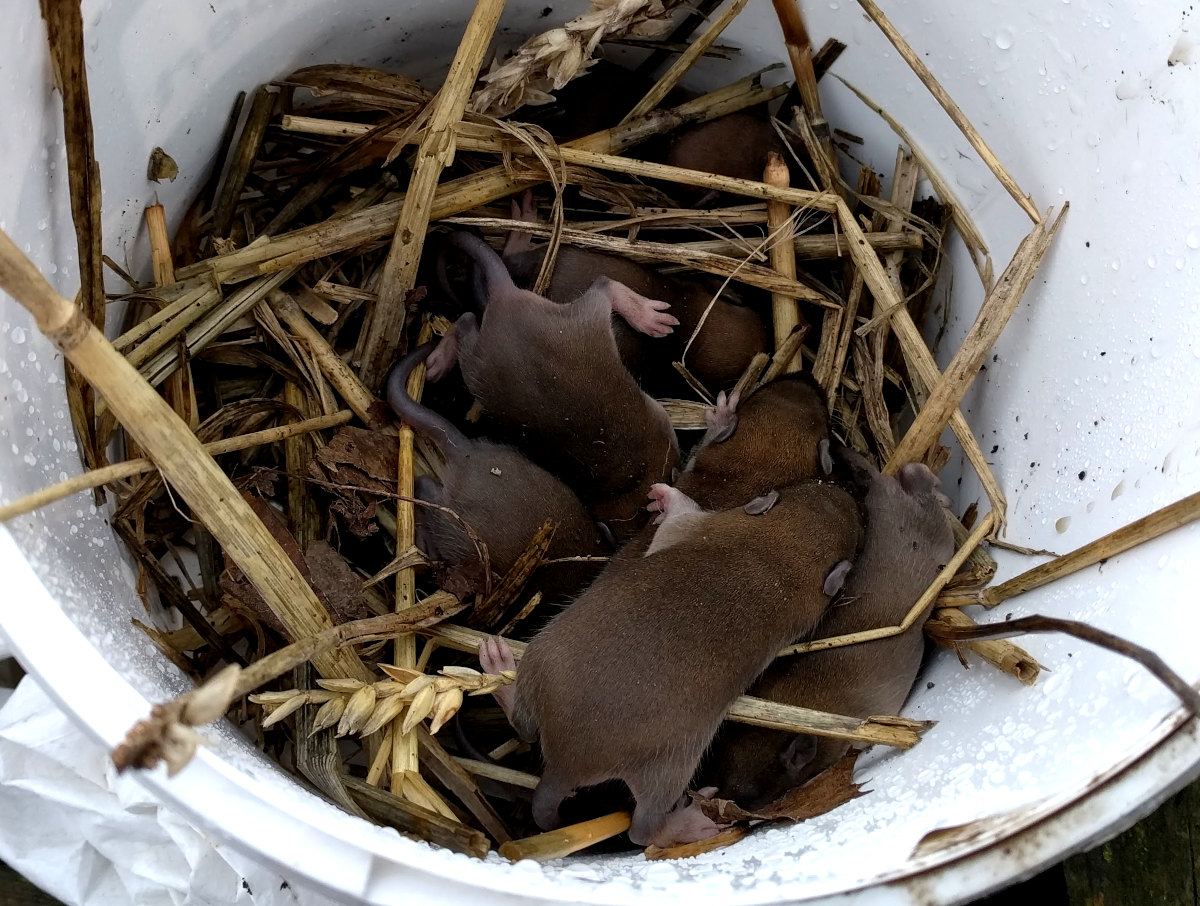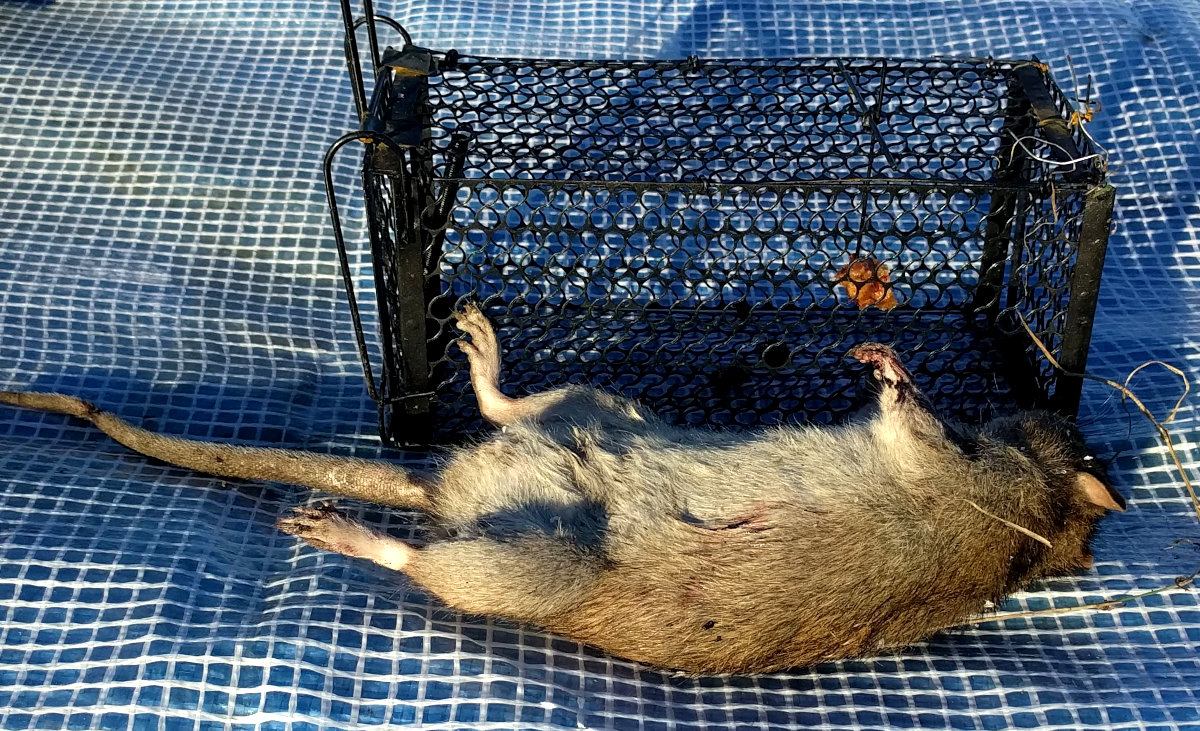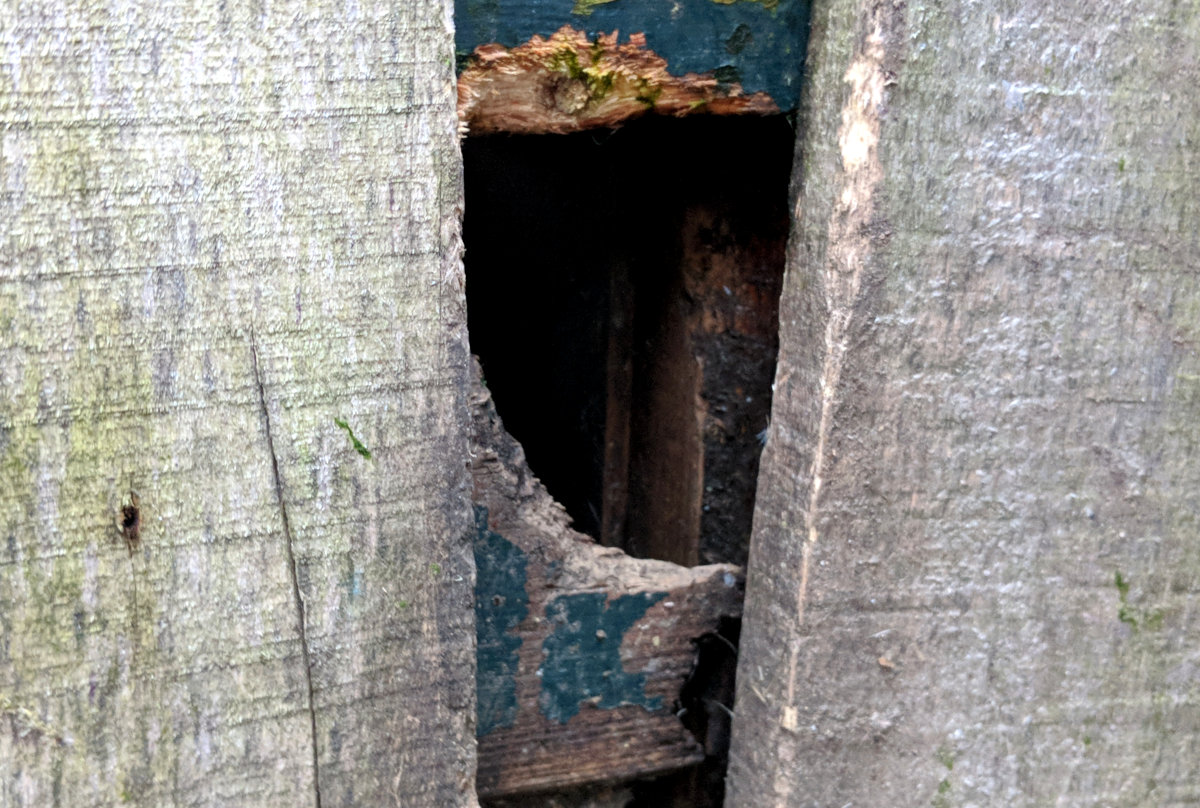The pests, vermin and parasites that can make a chicken keepers life a misery.

As a chicken keeper, I've learned that alongside the joys of fresh eggs and feathered friends comes the constant battle against pests, vermin, and parasites.
Table of Contents
These uninvited guests can wreak havoc on a chicken coop, eating and contaminating the feed and water, causing health problems for your flock and making your life as a chicken keeper a whole lot more difficult.
Pests:
Pests are the most visible and often the most annoying of the uninvited guests in a chicken coop. They include:
Wasps, yellow jackets and hornets: Wasps, yellow jackets, and hornets can sting multiple times, and their stings can be very painful. In some cases, stings can cause severe allergic reactions, including anaphylaxis. These can be fatal to chickens, especially the young birds.
They also carry and transmit diseases, yellow jackets can transmit Salmonella bacteria, which can cause food poisoning.
Wasps, yellow jackets, and hornets can damage property and chicken coops by chewing on wood and other materials. They may also build nests in homes and businesses, which can be unsightly and difficult to remove.
Flies: As the temperature rises, so does the nuisance of flies. These pesky insects not only annoy your chickens but also contribute to the spread of disease, particularly in and around the coop area.
Below: Flies can transmit pathogens that cause respiratory and digestive issues in chickens and can descend on chickens in their thousands.
Flystrike, also known as myiasis, is a serious condition caused by the infestation of maggots, the larvae of flies, on the skin or wounds of animals. It is a painful and potentially fatal condition that occurs when flies lay their eggs on warm, moist areas of an animal's body. These areas can include wounds, areas soiled with faeces or urine, and areas of matted feathers. Once the eggs hatch, the maggots begin to feed on the animal's skin and flesh.
Fly control measures, such as proper waste management and the use of fly traps, are essential for preventing disease transmission.
Flies are attracted to chicken manure and can lay eggs in it. The maggots that hatch from these eggs can feed on the manure and on open wounds on chickens.
Vermin:
Vermin are larger than pests and can cause even more damage to a chicken coop. Mice and rats can also be a problem for chicken keepers. These rodents can chew through chicken coops and steal eggs or even chicks. They can also spread diseases to chickens.
Below: I have used and tested a considerable number of traps and control methods over the years and the quality of the equipment you use will determine your success.

Rats: Rats are a serious threat to chickens, as they can carry diseases and eat eggs and chicks. They also gnaw on wood and other materials, causing damage to the coop.
Mice: Mice are not as large as rats, but they can still be a nuisance. They eat eggs and chicks, and their droppings can contaminate feed and water.
Below: Rats and mice are destructive and carry disease.

Parasites:
Parasites are the most insidious of the uninvited guests in a chicken coop, as they live on or inside the chickens themselves. They include:
Red Mites: These tiny, red mites are the bane of chicken keepers. They live in cracks and crevices of the coop and feed on the blood of chickens, causing irritation, anaemia, and even death.
Below: These are red mites filmed in close up detail.
Northern Fowl Mites: Similar to red mites, northern fowl mites also feed on chicken blood. They are slightly larger than red mites and can be seen on the chickens' heads and around their eyes.
Lice: Lice are small, wingless insects that live on the feathers and skin of chickens. They feed on skin cells and feathers, causing irritation and discomfort.
Fleas: Fleas are not as common in chicken coops as other pests, but they can still be a problem. They feed on the blood of chickens and can transmit diseases.
Roundworms: Roundworms are long, thin worms that live in the intestines of chickens. They can cause weight loss, diarrhoea, and even death.
Tapeworms: Tapeworms are flat, segmented worms that also live in the intestines of chickens. They can cause similar symptoms to roundworms.
Coccidia: Coccidia are protozoa that live in the intestines of chickens. They cause diarrhoea, weight loss, and even death.
Prevention and Control:
There are a number of things that chicken keepers can do to prevent and control pests, vermin, and parasites. These include:
Keeping the coop clean and dry: This is the most important step in preventing pests, vermin, and parasites. A clean and dry coop is less attractive to these uninvited guests.
Regularly inspecting the coop and chickens for signs of infestation: This will help you to catch problems early on and take action before they get out of hand.
Treat and trap pests and vermin all the time: Regular treatment of pest and trapping of vermin will stop a few critters becoming an infestation.
Using appropriate pest control products: There are a number of safe and effective pest control products available for chicken coops.
Quarantining new chickens: This will help to prevent the introduction of pests, vermin, and parasites into your flock.
Providing your chickens with a healthy diet and plenty of fresh water: This will help them to stay healthy and strong, and better able to resist infection.
By following these tips, you can help to keep your chicken coop free of pests, vermin, and parasites and make your life as a chicken keeper a whole lot more enjoyable.
